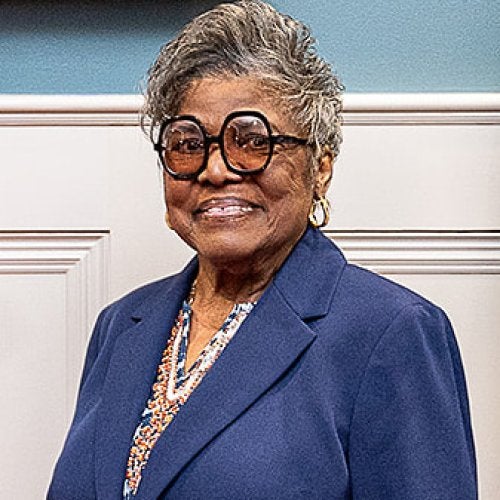
A $1.4 million grant from the Bill and Melinda Gates Foundation will support a University of Maryland-led study to assess the impact of a nationwide move to make the SAT and ACT tests optional for college admissions, or to eliminate their use altogether.
Associate Professor of Education Julie J. Park and colleagues will examine whether higher education institutions’ swift moves to alter their admissions processes in response to the global COVID-19 pandemic improved college access or equity for different student populations.
More than 1,800 accredited colleges and universities, including UMD, were using test-optional policies in admissions for Fall 2020, according to the nonprofit FairTest. The College Board reported that 1.5 million students in the Class of 2021 took the SAT, a drop from 2.2 million a year earlier. The organization attributed the sharp decline to COVID-related closures of schools and testing centers.
The broad retreat from testing came at a time of increasing scrutiny of standardized testing, with critics charging that this traditional gateway to college further stacks the deck against people from underrepresented racial or socioeconomic backgrounds, or with disabilities.
“This study is very timely, and has key implications for society and inequality,” Park said. “Test-optional policies are becoming more common; however there needs to be more research and data to inform decision-making. There also needs to be more research on how inequality affects other parts of the college application.”
Park is the lead researcher on the study and will collaborate with faculty members from Colorado State University, Penn State University and Southern Methodist University. Together they will analyze data on enrollment patterns from about 150 four-year institutions included in the U.S. Department of Education’s Integrated Postsecondary Education Data System, as well as survey admissions professionals on the implementation of test-optional policies, and interview college admissions leaders.
Finally, they will use natural language processing artificial intelligence techniques to analyze a dataset of millions of college applications submitted in recent years to understand possible patterns of inequality related to extracurricular activities and letters of recommendation from counselors. In doing so, they will shed light on how bias and inequality might affect non-standardized components of college applications.
“We are interested in learning about how and why admissions evaluation and decision-making policies and practices are changing,” said OiYan Poon, a visiting faculty specialist at UMD and an associate professor affiliate at Colorado State University. “Put simply, our study will help shed light on how race and class inequalities are produced in admissions practices. We hope that what we find will help inform and encourage transformative changes.”
At the end of the two-year study, the team hopes to provide a set of recommendations for designing college admissions to advance equity, as well as provide greater transparency to students and families about changes to the college admissions process.
In addition to Park and Poon, the research team includes Kelly Rosinger, an assistant professor of education and public policy and a research associate at Penn State University, Dominique Baker, an assistant professor of education policy at Southern Methodist University, and Brian Heseung Kim, a visiting faculty specialist at the University of Maryland and Data Scientist at the Common Application.



